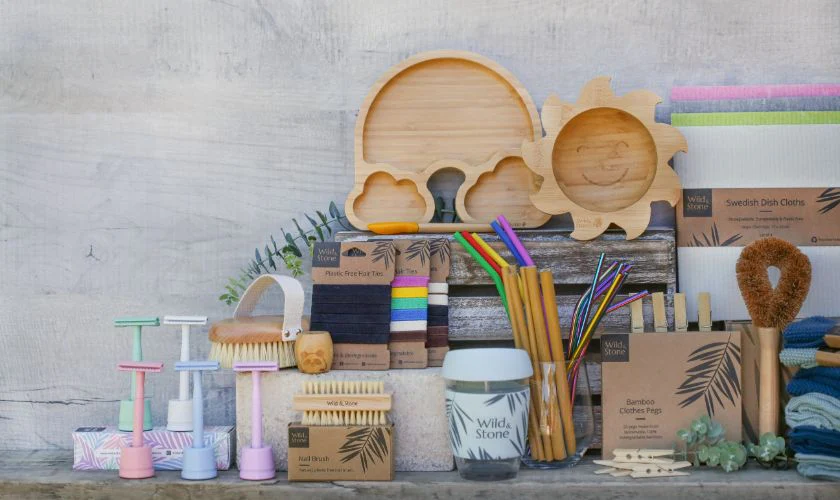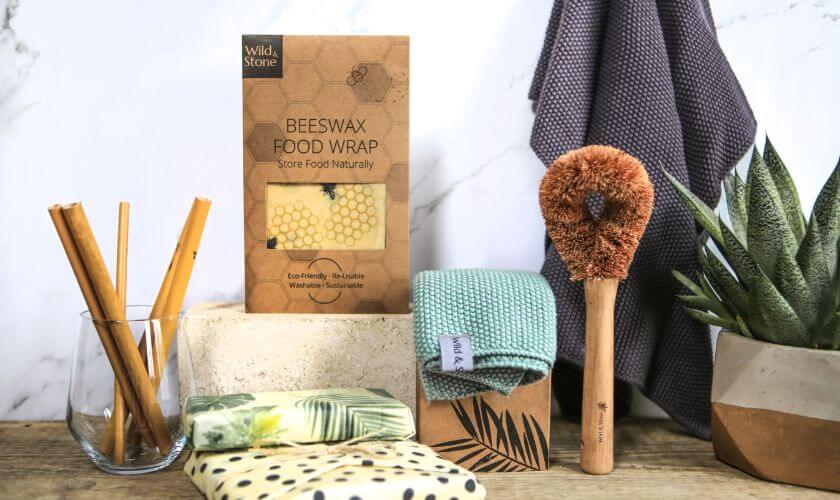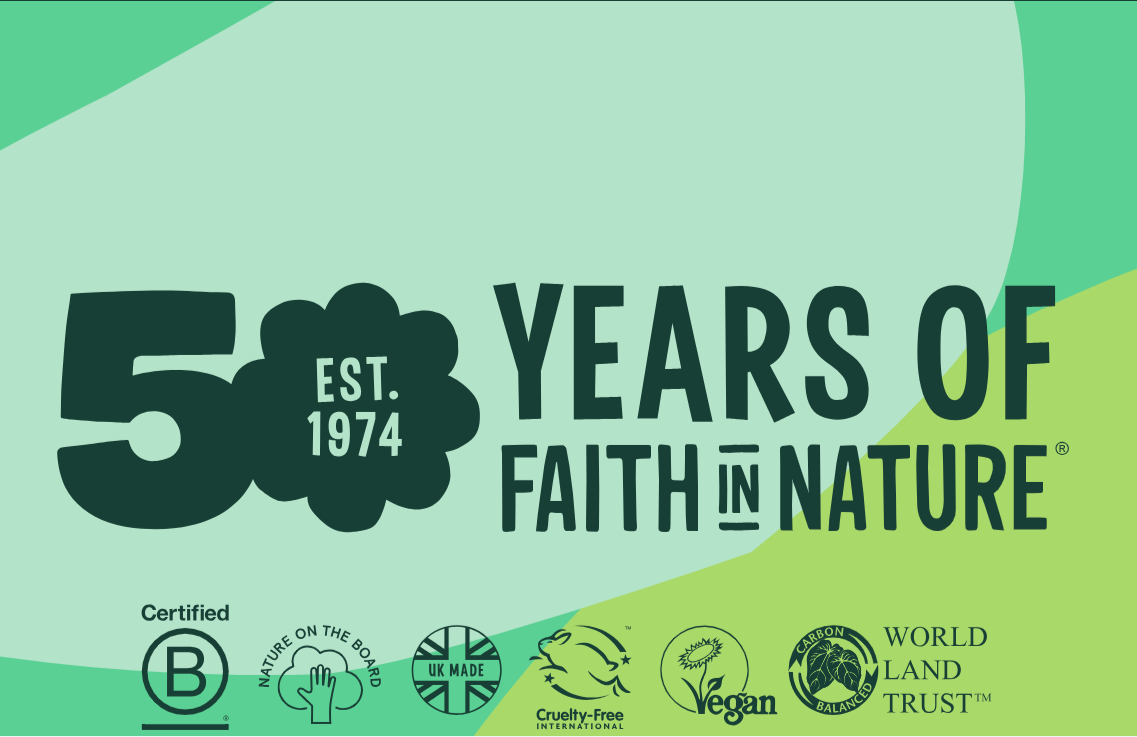
The last few years observed a rising trend in brands placing a strong emphasis on plastic-free alternatives. Driven by growing environmental awareness and concerns over the detrimental impacts of plastic pollution on ecosystems, these brands are redefining consumer expectations and industry standards. By prioritizing eco-friendly materials such as biodegradable plant-based polymers, glass, and metal, these brands are not only reducing their carbon footprint but also actively contributing to the global effort to mitigate plastic waste. Moreover, their commitment to transparency in sourcing, production processes, and packaging materials fosters consumer trust and loyalty, establishing a new benchmark for responsible business practices in the marketplace.
The shift towards plastic-free sustainable brands reflects a broader societal shift towards eco-conscious consumerism. With consumers increasingly demanding products that align with their values of environmental stewardship, businesses are compelled to innovate and adapt. This shift isn’t merely a trend but a fundamental transformation of consumer preferences and expectations, reshaping entire industries.

Finding a genuine, legitimately sustainable brand can be a hard mission. The UK-based Wild & Stone, however, is a true-to-its-mission type of company. It has setup its operations around a truly sustainable supply-chain, committed to keeping its operation as transparent and ethical as possible. Products are only made from materials that are farmed ethically and sustainably, such as organic textiles and the ecoinnovative material known as Moso bamboo.
Wild & Stone have a close relationship with suppliers and are in continual contact with partners to ensure social and environmental regulations are adhered to. Whenever possbile, products are FSC® certified. This means to say that customers are guaranteed that timber products meet the world’s most stringent environmental, economic, and social standards for responsible forest management.
How sustainable is the supply-chain of Wild & Stone?
In terms of materials, moso bamboo is not only a hardy and naturally anti-bacterial material, but as a fast growing grass, it requires no fertiliser and self-regenerates from its own roots. This means it doesn’t need to be replanted making it naturally sustainable. The organic cotton sourced for Wild & Stone’s products and are OEKO-TEX® certified ensuring the supply-chain is not participating in the use of harmful chemicals that may find a path into waterways and seas leading to harmful impacts to the environment.
The shipping of products is also an ongoing challenge where the company has placed ongoing efforts to improve. To decrease their ecological footprint, shipping is done by sea rather than by air. Containers are filled to maximise each shipment. Beyond that, the company has also decided to work with a carbon offsetting programme.
Packaging is also an item of further scrutiny for the company. Customers receive fully recycled and recyclable packages. All stickers use eco glue to lower our environmental impact further.
As sustainability and environmental factors are constantly changing, Wild & Stone are constantly researching and taking up new solutions as they become available. Click here to check out their newly released, authentically sustainable products for oral care, baby & child care, as well as health and beauty products such as brushes, pads, buds, and so on.
Source: Text and pictures Wild & Stone`s website (wildandstone.com)


